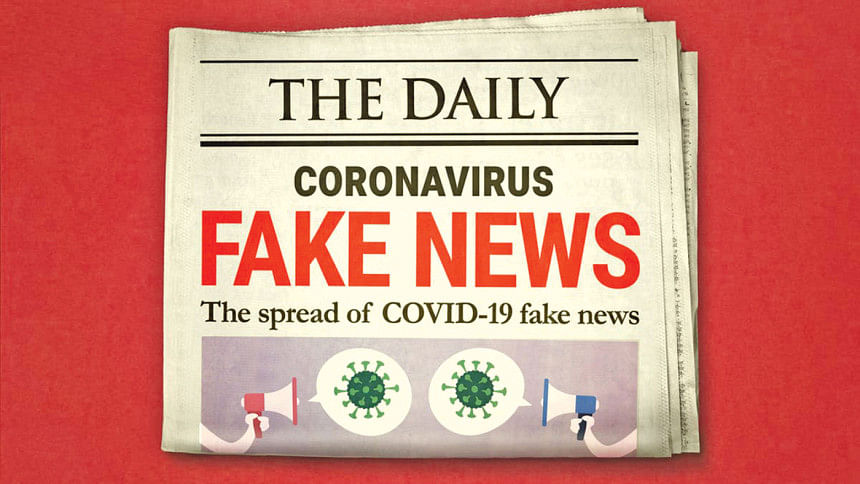How to avoid fake coronavirus news

They have started calling it an "infodemic". The proliferation of fake news about the COVID-19 pandemic has become such a widespread dilemma, it's only fitting that a such a name be used for it.
On the internet, through social media, and on instant messaging, fake news spreads like wildfire.
These messages may contain useless, incorrect or even harmful information and advise. This can hamper the public health response and add to social disorder and division.
Before you decide to share any information found on the internet or through text, make sure to read it properly and follow some checks to determine its accuracy.
WHAT TO LOOK OUT FOR
Source: Question the source. During the onset of the coronavirus, news were that reference seemingly reliable sources circulated greatly. References such as "Japanese doctors" or "Stanford University" were used by mane fake news articles to garner credibility. However, many of them turned out to be duds. It is thus important to check the official websites of the sources cited in an article before sharing it.
It's also important to remember -- if a source is "a friend of a friend", one should treat it as a rumour unless they know the person directly.
Logo: Cross-check whether an organisation's logo used in a message looks the same as the one on its official website.
Bad English: Credible journalists and organisations are less likely to make repeated spelling and grammar mistakes. Also, anything written entirely in capital letters or containing a lot of exclamation marks should raise your suspicions.
Fake social media accounts: Some fake accounts mimic the real thing. For example, the unofficial Twitter handle @BBCNewsTonight, which was made to look like the legitimate @BBCNews account, shared a fake story about the actor Daniel Radcliffe testing positive for coronavirus. Media platforms try to remove or flag fake accounts and stories as well as verify real ones. Always look out for these flags.
Over-encouragement to share: Be wary if the message presses you to share it – this is how viral messaging works.
Fact checking websites: Try following fact-checking websites. Reliable ones can be highly accurate. You can also use a search engine to look up the title of a cited article to see if it has been identified as fake news by the mainstream media.
WHOM TO TRUST
For Covid-19 information, the best sources to go to are your government health websites and the World Health Organisation (WHO) website. Primary sources are generally better than news articles.
Think twice about circulating unreliable and unverified news and help guide your family and friends to decide what to trust.

 For all latest news, follow The Daily Star's Google News channel.
For all latest news, follow The Daily Star's Google News channel. 




Comments